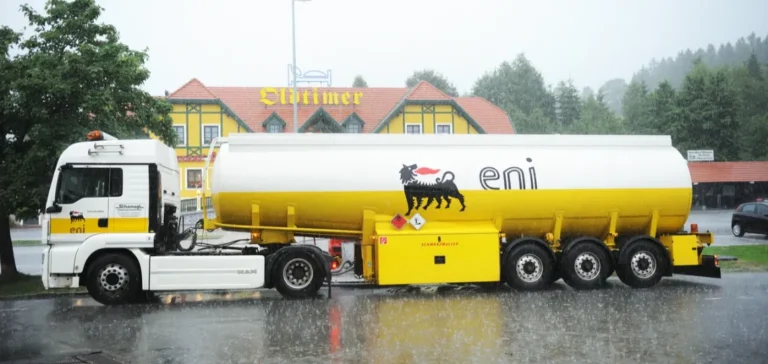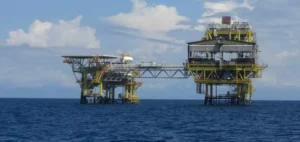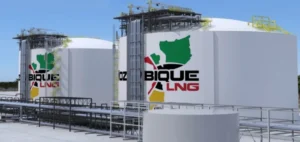Pakistan has canceled 21 liquefied natural gas (LNG) cargoes scheduled under its long-term contract with Italian company Eni. This move comes in response to a gas surplus in the country’s network, which has resulted from lower industrial demand and higher renewable energy production.
A document dated October 22, issued by state-owned Pakistan LNG Ltd. (PLL) to the Ministry of Energy, reveals that 11 cargoes planned for 2026 and 10 for 2027 will be canceled at the request of gas distributor Sui Northern Gas Pipelines Ltd. (SNGPL). Only three shipments — those scheduled for January 2026, January 2027, and December 2027 — will be retained to meet peak winter demand.
Adjustments based on flexibility clauses
According to sources close to the matter, Eni agreed to the cancellations due to the flexibility clauses in the contract signed in 2017. This contract stipulated that Eni would deliver one cargo per month until 2032, with the possibility of redirecting shipments to other destinations if needed. With global LNG demand remaining strong, suppliers can often earn higher profits by selling cargoes on the spot market rather than under long-term contracts.
Eni’s last delivered cargo to Pakistan was received at the GasPort terminal on January 3, according to data from Kpler. Another source confirmed that Pakistan and Eni had reached an agreement not to receive further cargoes in 2025.
Ongoing negotiations with Qatar
Meanwhile, Pakistan is in talks with QatarEnergy regarding its gas supplies from the Gulf state. Two sources confirmed that the discussions focus on deferring some cargoes or reselling them under existing contract clauses. A technical team from Qatar visited Karachi last week to schedule upcoming shipments. No final decision has yet been made.
Pakistan’s long-term LNG contracts with Eni and Qatar together account for around 120 cargoes per year, including an average of nine per month from two separate Qatari agreements. However, LNG imports have dropped sharply this year, mainly due to increased electricity generation from renewable sources like solar and hydropower.
Gas surplus on the local market
Declining gas demand from power plants and industrial units that are increasingly generating their own electricity has led to a surplus in the local market. This glut of gas has forced Pakistan to sell at steep discounts, curb domestic production, and consider options like offshore storage or reselling excess cargoes.
This situation highlights the challenges Pakistan faces in managing its long-term contractual commitments while responding to falling domestic demand. Effectively managing this surplus is now a key priority to avoid economic losses and ensure efficient gas supply management.






















